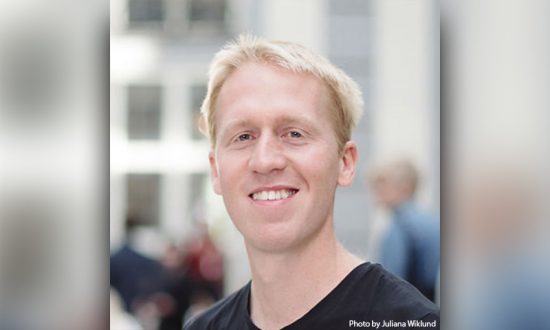Dr. Albin Erlanson is a Lecturer of Department of Economics at University of Essex, UK. He worked for three years as a researcher and lecturer at the leading business school Stockholm School of Economics as well. His areas of research include Mechanism Design, Matching, Auctions, and Market Design.
In economics, as in any other field of study, we have only seen the beginning of the influence of data science. The amount of data available is growing exponentially and so are the computing tools we have at our hands available to analyze the data. Courses in programming and basic computer science are now often made compulsory in an economic degree. If anything, this trend will become even stronger in the future. Many universities now offer a joint degree between computer science and economics. Combining these two fields of studies provides training that equips students for a world of data, AI, machine learning and other areas key for the future workplace.
Behavioral economics is not just a subfield of economics it is part of the core economics. Insights from behavioral theory, experiments and empirical work have changed the economics and will continue to do so. The increased popularity across the world including India is not surprising: behavioral economics is answering questions we are all interested in understanding. It is also not separated from the rest of economics it is a part of it and builds and uses the framework already developed within economics.
Studying economics with a focus on behavioral economics makes it possible for a career in almost all fields that are usually associated with a traditional economics degree. Many private companies are looking for experts in how people react to product options and various marketing campaigns and having a training in behavioral economics provides many of the relevant tools. Another career option is in governmental agencies and organizations. They also need to know how people react and respond to various policies and programs. There are whole teams with economists and behavioral scientists working on nudges, such as how to facilitate more well-informed pension investments.
Economic Studies in India and Abroad
India is a large country with lots of students, many schools and a vast number of universities too. My general impression is that there are many good schools that prepare Indian students very well for studying abroad. Students are especially strong in their analytical skills and they also have a good command of English. I believe that most students from good schools in India are more than well prepared to study abroad, and often they will be among the stronger students in the class. When it comes to universities, I think there are fewer very good places to study economics. The number of places offering the good economic program is growing but compared to the number of good students in India I believe that there are not as many universities with training that meets the quality of the student. There are of course exceptions, and if a student is lucky enough to get a seat in one of these universities the economic training will be more than satisfactory.
Overall, I think most students are satisfied with their choice of studying abroad. There is, of course, a period of adjustment in the beginning but then most things fall in place. The method of instruction and the form of assessment is new for many students from India. There is, in general, less of focus on lectures and in-class learning and more focus on independent learning both in groups and on your own with the support of the teachers. The same holds true for assessment there are less of traditional exams and more of a combination of term papers, presentations, assignments and traditional in-class exams. This might be new for some students, but the adjustment and transition are usually quite smooth.
In Essex University, there are several resources there to facilitate and make the adjustment smoother. First, the lecturers are there first and foremost for the students and are easy to contact and meet. Then there is a structure at the university with support ranging from the career center, student union and other student groups, departmental staff and academic directors of the various programs. At Essex University, there is a generous scholarship for any student from India with sufficiently good academic standard. The amounts vary a bit depending on the academic standing of a student, but it is a significant amount and most students from India do get some scholarship.
Go for it! You will not regret it. Indian students are usually well trained and are among the stronger students in our classes at Essex. This opens doors to many interesting and rewarding career opportunities both abroad and in India. (As told to the Editor)




